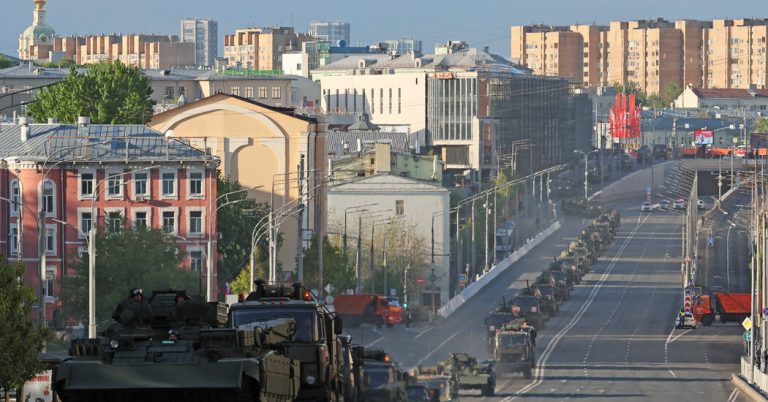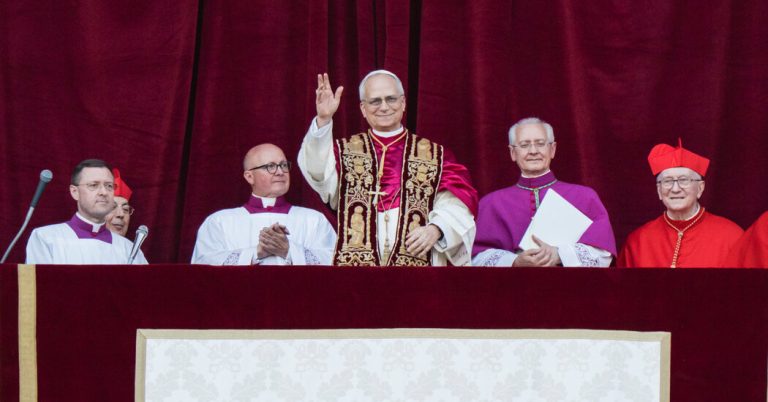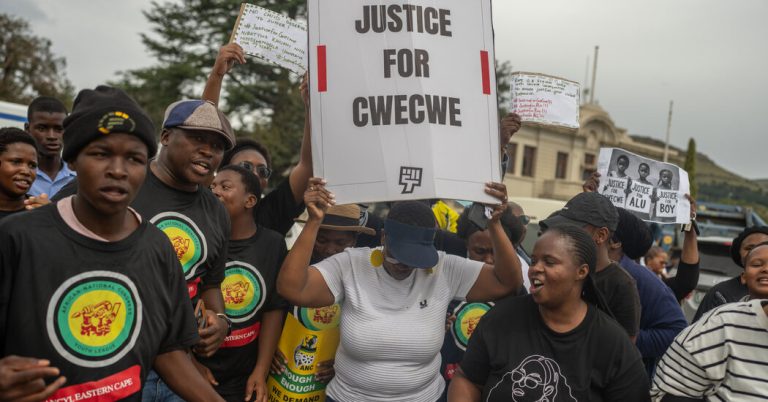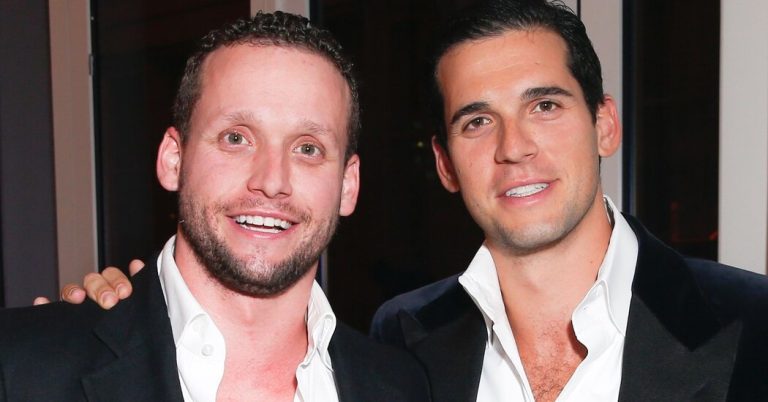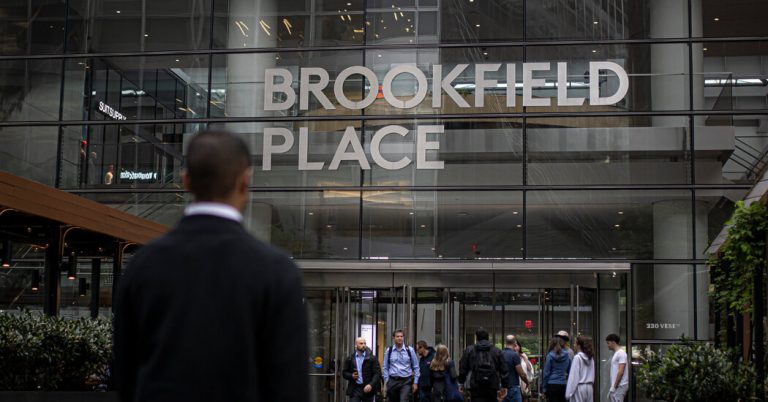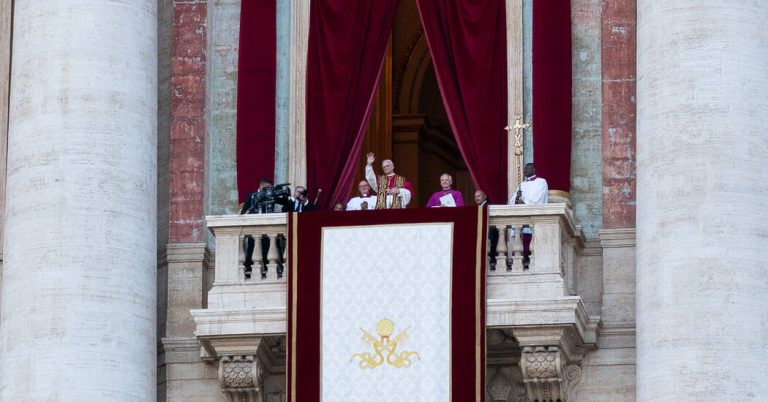The sun was sinking behind the western bank of the Delaware River, bathing Lewis Island in golden light. From a lifetime of experience, Steve Meserve knew that shad were huddled on the Lambertville, N.J., side of the river, resting in the shadows before resuming their long journey upriver to spawn.
“Let’s go,” Mr. Meserve said.
With a long rope, three members of his crew towed an old rowboat about a quarter mile upriver. Mr. Meserve climbed in, took the handmade oars and guided the boat into the middle of the river, feeding 200 yards of net into the water from the stern. He then curled the boat back toward shore until the net, called a seine, made a C shape.
On the island’s southern tip, about a dozen spectators and potential shad customers were waiting to see what the river would yield. Mr. Meserve rowed the boat around the island, tugging the net behind him. Then, hand over hand, the crew hauled it in. As the seine reached the shore, the muddy, green-brown water was still for a moment and then erupted in splashes and flashes of silver, revealing a nice haul of about two dozen wriggling shad.
“It’s a magical moment,” said Shawn Douglas, who has been a member of the crew for four years. “Every haul is like Christmas morning. You never know what you’re going to get.”
“It can be 50 fish,” Mr. Meserve said, “or nothing at all.”

The Lewis fishery relies on volunteers to haul in the catch.Credit…Bryan Anselm for The New York Times

At its peak, the fishery took in more than 9,000 shad annually. Today, that number is in the hundreds.Credit…Bryan Anselm for The New York Times

